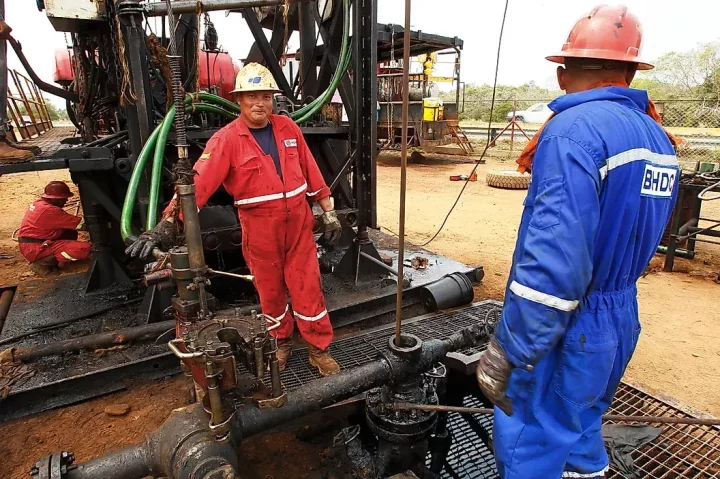
As of 2024, the global distribution of oil reserves highlights a dynamic and evolving energy landscape.
Countries with the largest oil reserves continue to play a pivotal role in shaping the world's energy markets and geopolitical strategies.
This overview, per ranking by World Atlas, of the world's largest oil reserves by country showcases the key players and their contributions to the global energy supply, reflecting both the enduring importance of fossil fuels and the shifts in production and consumption patterns.
1. Venezuela
In 2024, Venezuela remains a significant global player in the oil industry, holding the world's largest oil reserves at over 303.22 billion barrels. These reserves place Venezuela at the top of the global rankings, ahead of countries like Saudi Arabia, Canada, and Iran.
Venezuela's immense reserves are primarily located in the Orinoco Belt, a region rich in heavy crude oil. Despite these vast resources, the country faces several challenges in translating its oil wealth into economic prosperity. Political instability, economic mismanagement, and international sanctions have hindered the country's oil production and export capacity.
2. Saudi Arabia
As of 2024, Saudi Arabia holds the world's second-largest proven oil reserves, with an estimated 267.19 billion barrels. This vast reserve continues to underpin the kingdom's role as a global energy leader, ensuring its influence in international oil markets despite being surpassed by Venezuela in total reserves.
Saudi Arabia's oil industry, led by the state-owned giant Saudi Aramco, remains a cornerstone of the nation's economy. Revenue from oil exports fuels the country's Vision 2030 plan, aimed at diversifying its economy beyond oil dependence.
3. Iran
In 2024, Iran ranks as the world's third-largest holder of proven oil reserves, with an estimated 208.60 billion barrels. This immense resource base makes Iran a key player in the global oil industry, despite its challenges related to international sanctions and geopolitical tensions.
The country's oil sector is vital to its economy, providing significant revenue through exports, primarily to Asia. Iran's oil industry is state-controlled, with the National Iranian Oil Company (NIOC) overseeing production and distribution. While global interest in renewable energy is rising, Iran's oil wealth ensures it remains a major force in the energy market for the foreseeable future.
4. Canada
In 2024, Canada ranks as the world's fourth-largest holder of proven oil reserves, with an estimated 163.63 billion barrels. The majority of these reserves are located in Alberta's oil sands, making Canada a key player in the global oil industry and the largest oil reserve holder in the Western Hemisphere.
Canada's oil sector is a major contributor to its economy, providing jobs, investment, and significant export revenues, particularly through its strong trade ties with the United States. The country's oil industry is primarily driven by private companies, though provincial and federal governments play a crucial role in regulation and oversight.
5. Iraq
In 2024, Iraq holds the fifth-largest proven oil reserves in the world, with an estimated 145.02 billion barrels. The country's vast oil wealth is a critical component of its economy, providing the bulk of government revenue and funding essential public services and infrastructure projects.
Iraq's oil industry, managed by both state-owned enterprises and international oil companies, plays a crucial role in global oil markets. Despite facing challenges such as political instability, security concerns, and underinvestment in infrastructure, Iraq remains a major oil exporter, particularly to markets in Asia and Europe.
6. United Arab Emirates
In 2024, the United Arab Emirates (UAE) holds the world's sixth-largest proven oil reserves, estimated at 113.00 billion barrels. The country's oil wealth, primarily located in the emirate of Abu Dhabi, has been a cornerstone of its economic development and global influence.
The UAE's oil industry, managed by the Abu Dhabi National Oil Company (ADNOC), is one of the most efficient in the world. While oil exports remain a major source of revenue, the UAE has also made significant investments in diversifying its economy, particularly through sectors such as tourism, finance, and renewable energy. This strategy aligns with the country's broader Vision 2030 plan, which seeks to reduce its dependence on oil.
7. Kuwait
In 2024, Kuwait has solidified its position as one of the world's leading oil producers, holding approximately 101.50 billion barrels of proven oil reserves. This impressive figure ranks Kuwait as the ninth-largest holder of oil reserves globally.
The country's vast oil reserves are a critical component of its economy, contributing significantly to its national revenue and global economic influence. Kuwait's oil industry is known for its advanced extraction technologies and efficient operations, which help sustain its robust production levels.
8. Russia
In 2024, Russia holds the seventh-largest proven oil reserves globally, with an estimated 80.00 billion barrels. As one of the world's leading energy producers, Russia's oil reserves are a vital component of its economy, heavily influencing both its domestic growth and geopolitical standing.
Russia's oil industry, dominated by state-owned companies like Rosneft and Gazprom Neft, plays a significant role in global energy markets. The country is a major exporter, particularly to Europe and Asia, and its energy sector contributes a substantial portion of government revenue. Russia is also a prominent member of the OPEC+ alliance, collaborating with other major oil producers to influence global oil prices.
9. United States
In 2024, the United States ranks as the eighth-largest holder of proven oil reserves, with an estimated 55.25 billion barrels. Despite being lower in reserves compared to some other oil-rich nations, the U.S. remains one of the world's top oil producers and exporters, thanks to its advanced technologies and efficient production methods, particularly in shale oil.
The U.S. oil industry is largely driven by private companies, with significant production concentrated in states like Texas, North Dakota, and Alaska. The country's energy sector has been a major force in driving economic growth, reducing dependency on foreign oil imports, and boosting energy security.
10. Libya
In 2024, Libya ranks as the tenth-largest holder of proven oil reserves, with an estimated 48.36 billion barrels. These reserves are the largest in Africa, making Libya a key player in the continent's energy sector and a significant contributor to global oil supplies.
Libya's oil industry, managed by the National Oil Corporation (NOC), is the backbone of its economy, accounting for the vast majority of government revenues and export earnings. However, the country's oil production has been affected by years of political instability, conflict, and infrastructure challenges. Despite these issues, Libya continues to be a vital source of high-quality crude oil, particularly for European markets.

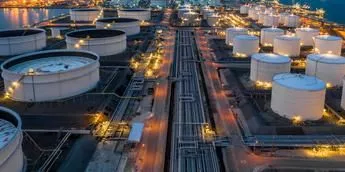

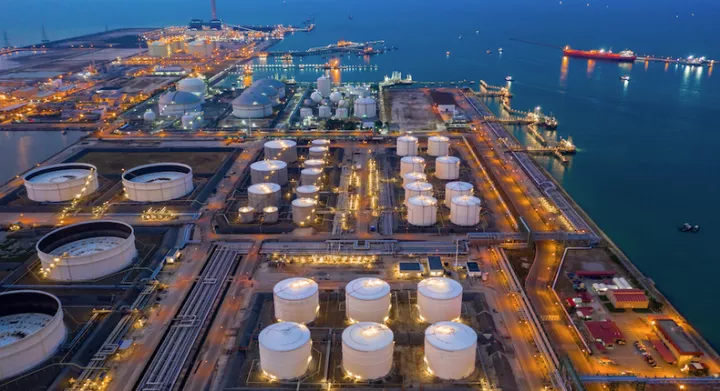
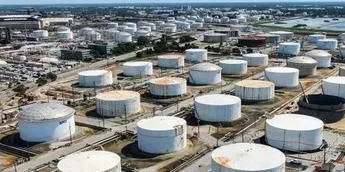

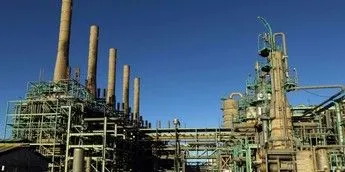

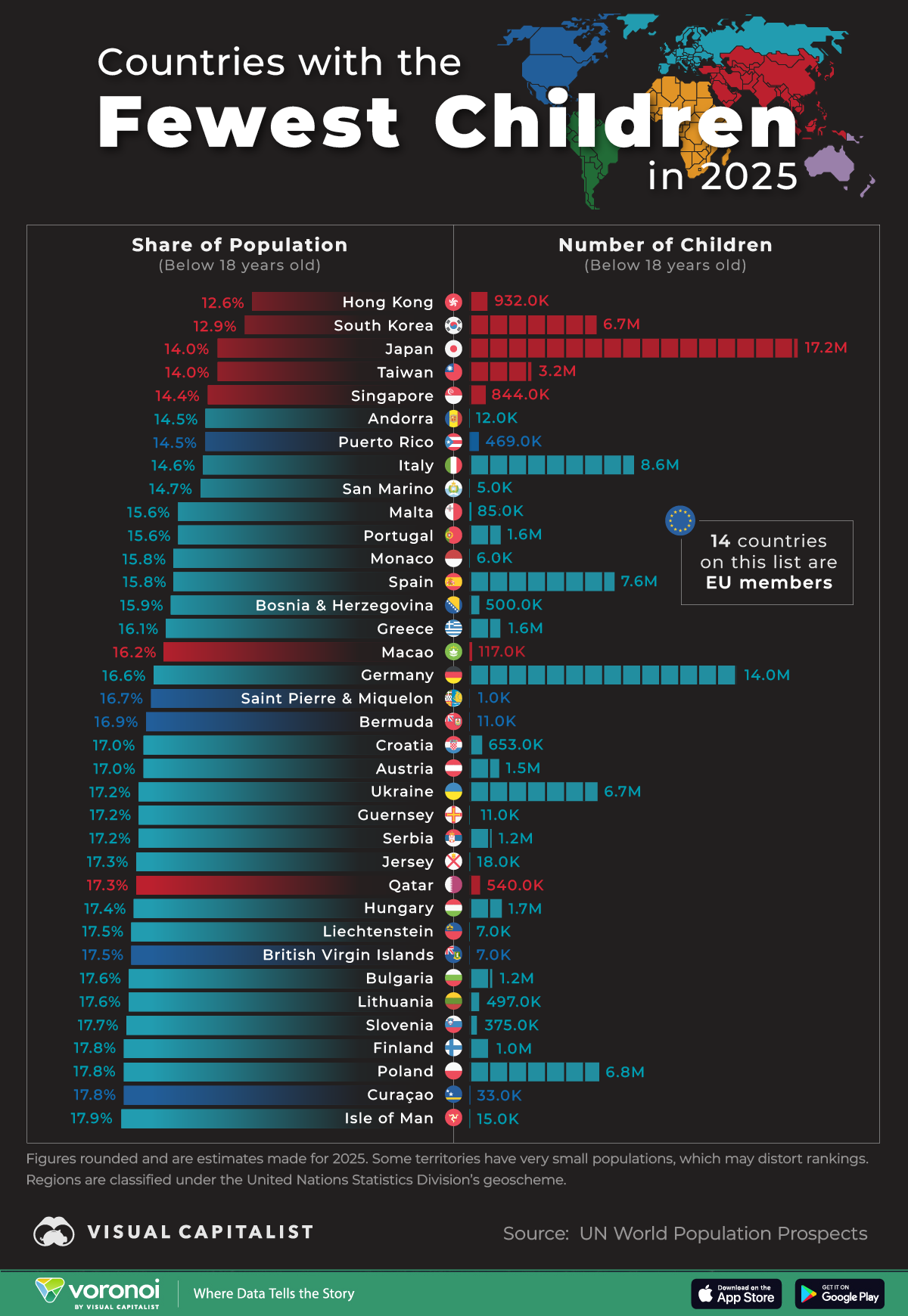








Comments